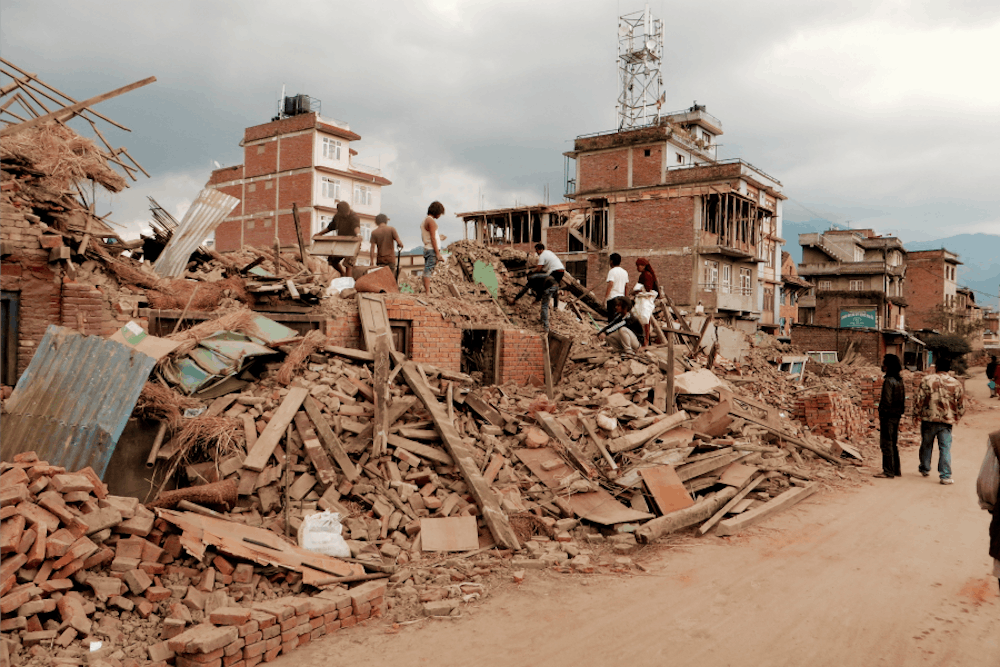A few weeks ago, walking through Armstrong, someone asked if I would like to ask God a question.
"No," I replied. "I'm sorry, but I don't believe in that type of God."
And if I did, I thought, I doubt the people running the board would want to display any question I'd ask for all the Make It Miami tour groups to see.
I was intrigued, though, so I decided to hang around and watch. If given the chance to ask an all-knowing creator of the universe one question, what would Miami students ask?
Here's the extent of what I saw:
"When will I get married?"
"How much money am I going to make when I grow up?"
And that's about as altruistic as it got. Given the opportunity to interview God, Miami students resorted to questions that tourists would ask some kind of Bohemian-grade fortuneteller. Had I been running the board, I would have been furious. Where was the, "Seriously, that's all you've got?"
Where was the anger? Where were the questions that provoked change?
Where was the, "Why did more than 5,000 people need to die in Nepal?" "Why are so many young adults attracted to the Islamic State's violent exploits?" "Why does nobody seem to care or do anything about hundreds of Africans killed every day from hunger or terrorist attacks?" "Why is sexual assault still such a rampant problem at my university?" "Why did my grandfather have to get cancer?" "Why did my dad lie to our family so much?"
But just before I get to the part where I call God a feckless thug, blow smoke in his face and stamp my cigarette out by his feet, I stop. It suddenly hits me and I remember why I stopped asking questions like this years ago.
These questions are cop-outs. Simply asking these questions and hoping for an answer does nothing but prevent people from taking these issues into their hands - from making a physical and lasting impact on the world.
A cop-out of an entirely different degree: Just the other day there were two men in Armstrong, roughly around the same spot as the "Ask God a Question" board. The men were former drug addicts, handing out Tootsie Pops and preaching of how they had been "saved." They were claiming that their progress was "God's will."
This is the worst.
Don't get me wrong. I am happy for them. I am happy that they were able to make a new life for themselves and they want to share their story with others, specifically college students on campus - many of which are heading down paths toward alcohol and drug addiction themselves.
Why do they have to give God the credit, though? What is so hard about saying, "I woke up one day surrounded by empty booze bottles and used needles, alone. I was at rock bottom and I realized that I didn't want to live there anymore. So I got up, I put on my big boy pants and I decided to change."
It's not that I don't believe in any higher power, it's that I believe I am in control of my own actions and that those actions speak vastly louder than words. It's also that I think, whether for the bad things or the good things, people should give themselves a little more credit.
If people did this, if people spent a little less time egotistically worrying about the next world and a little more time focusing on this one, maybe there wouldn't be so many questions that need to be asked.
James Steinbauer
Editorial Editor
steinbjt@miamioh.edu

